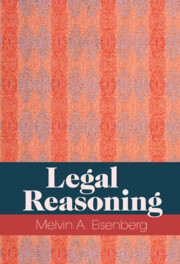When people reason on the basis of moral rules, do they suppose that in the absence of a prohibitory rule they are free to act, or do they suppose that morality always requires a justification establishing a permission to act? In this essay we present a series of learning experiments that indicate when learners tend to close their system on the basis of natural liberty and when on the principle of residual prohibition. Those who are taught prohibitory rules tend to infer natural liberty while those taught permission rules tend to infer residual prohibition. In mixed cases, where learners are taught both types of rules, there is some tendency to suppose that natural liberty is the default. Both natural liberty and its denial can be learned; is there a reason to adopt one system of moral rules or the other? We argue that systems of social morality based on a principle of natural liberty have a striking advantage over their competitors: they are well adapted to effectively exploring the constant novel circumstances that arise in open, dynamic, societies.
